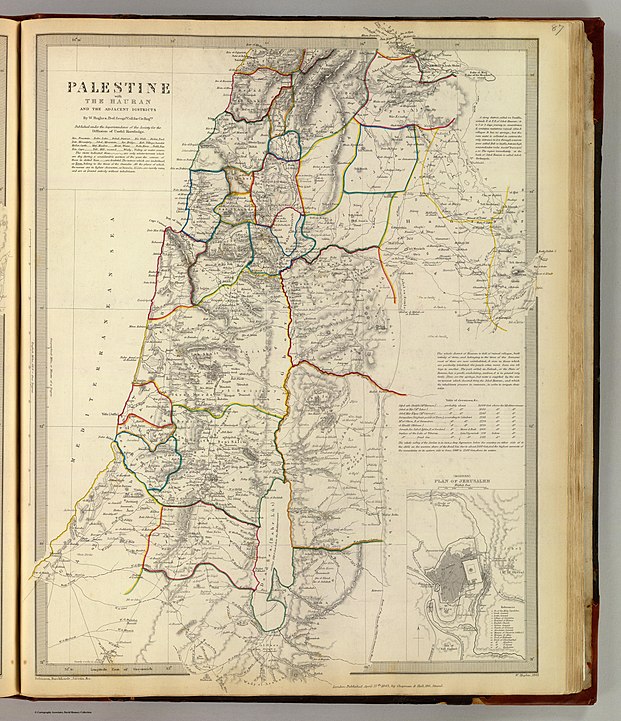Countries, nations and states. Where does Palestine fit in?
Enlarge

Going by American anthropologist Clifford Geertz’s definition, Ukraine is a nation, a state, a country, a society and a people. That’s according to most Ukrainian people, as well as their president Volodymyr Zelensky. Russia’s President Putin doesn’t agree, but then he wouldn’t, would he?
As previously noted, Mr Geertz described each of these terms as follows: A nation means “blood, race, descent, and the mysteries and mystifications of biological alikeness”. A state is about “political and civic loyalty and the indivisibilities of law, obedience, force, and government”. A country is about “geographical aggregation, territorial demarcation, and the sense of origin, home, and habitat”. A society is about “interaction, companionship, and practical association, the encounter of persons and the play of interests”. And a people is about “cultural, historical, linguistic, religous, or psychological affinity—a quiddity of spirit”.
So, where does Palestine fit in?

A recent Twitter fulmination by someone on the subject used rather vehement language. Palestine, declared the tweet, “never existed as a free country in history”. It went on to add that Palestine was, in fact, a colonial concept invented by the British empire.
On social media, such assertions can quickly degenerate into a fight, with abuse lobbed back and forth and no one coming away the wiser.
It is worth examining those statements carefully.
Is it true that a Palestinian state has never existed in history?
Here’s what the online non-profit history site worldhistory.org has to say on the matter:
“Palestine in the ancient world was part of the region known as Canaan where the Kingdoms of Israel and Judah were located. The term `Palestine’ was originally a designation of an area of land in southern Canaan which the people known as the Philistines occupied a very small part of.”
And here’s what Professor As’ad Ghanem, an Israeli-Arab who teaches at the University of Haifa, wrote in a 2013 paper titled ‘Palestinian Nationalism: An Overview’: “The first steps in the development of the Palestinian national movement were taken in the early twentieth century and were strongly influenced by the Zionist movement and the Jews’ aspirations to establish a state.”
Finally, there’s the United Nations. A page titled ‘The Question of Palestine‘ begins as follows:
“Palestine was among former Ottoman territories placed under UK administration by the League of Nations in 1922. All of these territories eventually became fully independent States, except Palestine, where in addition to “the rendering of administrative assistance and advice” the British Mandate incorporated the “Balfour Declaration” of 1917, expressing support for “the establishment in Palestine of a national home for the Jewish people”. During the Mandate, from 1922 to 1947, large-scale Jewish immigration, mainly from Eastern Europe took place, the numbers swelling in the 1930s with the Nazi persecution. Arab demands for independence and resistance to immigration led to a rebellion in 1937, followed by continuing terrorism and violence from both sides. UK considered various formulas to bring independence to a land ravaged by violence. In 1947, the UK turned the Palestine problem over to the UN.”
Next, we’ll take a look at how the Palestinian national movement can be said to fit into set categories of nationalism.

